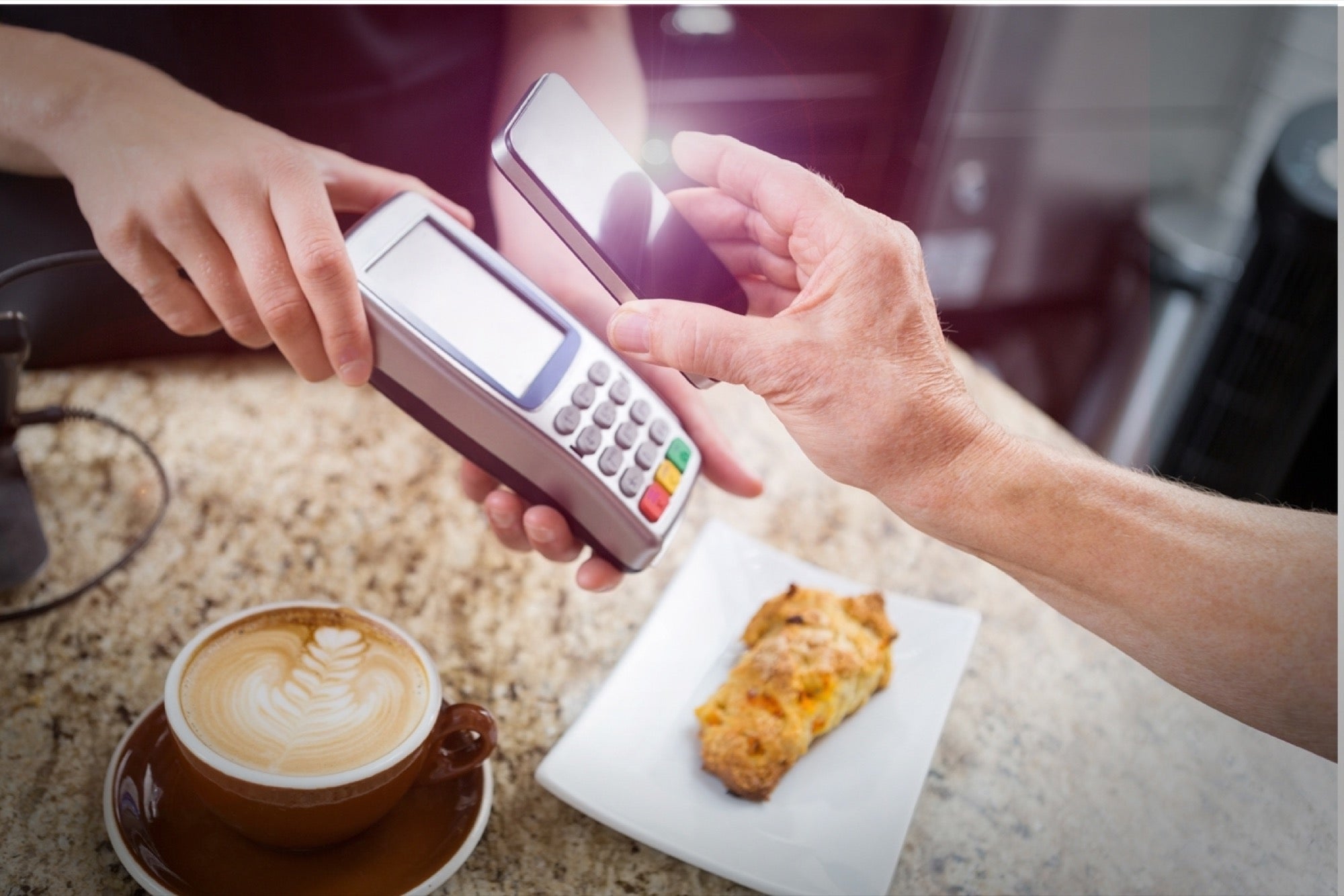Worried About Security, Millennials Shun Mobile Payments One in four have abandoned the practice due to security concerns, according to a survey from VocaLink.
This story originally appeared on PCMag

Mobile payments in the U.S. are expected to catch on in the coming years, but that doesn't mean millennials will jump on the bandwagon.
Millennials, generally regarded as those born after 1980, are increasingly concerned about mobile payments, with one in four abandoning the practice due to security concerns, according to a survey from VocaLink.
It's not all a lost cause; of the 5,000 people surveyed, 70 percent say they'd use a mobile payment service that was run by their bank, especially if it was secured via fingerprint authentication rather than chip and PIN.
"Surprisingly, the element of 'trust' and 'security' was a priority for many of the millennials we spoke to, and as a result felt strongly that their bank was the preferred provider of payments technology," VocaLink's director of marketing and customer insights, Cara O'Nions, said in a statement. "However, it is clear they still want to see further innovation from all payment providers, to respond to their need for ubiquitous and reliable instant mobile payments."
At this point, 52 percent of all mobile payment users are millennials, but 86 percent of people within that group have had problems using contactless payment services.
Millennials represent a critical demographic for mobile payment providers like Apple, Google, Samsung and others. They invest heavily in smartphones that allow for services like Apple Pay to work, and are probably most likely to adopt mobile payments.
Earlier this week, Google said Android Pay will soon be available on "hundreds of thousands of new sites" where Visa Checkout and Masterpass are accepted. This should offer a much easier checkout experience on these sites, letting users pay with their preferred device authentication method, such as a fingerprint scan.










